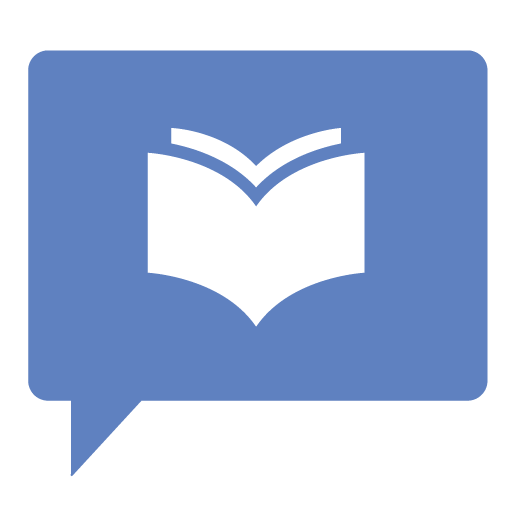A level Computer Programming Quizzes
Quiz Description
Revising A level computer programming with quizzes: variables, functions, loops, paradigms etc
(Simple and educative A level computer programming quizzes for those doing GCE, GCSE and necta)
Computer programming, famously known as coding is the act of writing computer programs to accomplish specific tasks. It is the process of designing and building / developing computer programs which could be softwares, mobile apps or web apps. Computer programming is equally the execution or the implementation of algorithms. An algorithm is simply a finite sequence of instructions which solves a problem when correctly followed. Before a software is programmed, there are other activities to be carried out to ensure the coding is successful. These instructions or cycle is known as the software development life cycle.
In computer programming, languages are used to actually implement the algorithms. These languages are called programming languages . Examples include C, C++, pascal, rush, java and more. The instructions are written in these programming languages. Programming languages are divided into high and low level languages. High level languages are more human readable while low level languages are more closer to being like machine code.
Since high level languages are more of human readable, a compiler is required to convert it to the language a computer understands. Programming is very useful as it helps automate some tasks on our day to day life like testing, enterprise resource softwares, information systems and more. Video games also exist as a result of computer programming.
During A level GCE, GCSE and necta exams, students are tested in this topic through multiple choice questions, essay type questions and also practically.
Practical questions involve either debugging a written source code, developing a small or complex computer program with a specific language, implementing algorithms using a programming language and equally writing algorithms, pseudo-code and drawing flow charts .
This is the perfect platform to test your knowledge in A level computer programming by trying out our quizzes. We hope you learn more and have a good time here.



